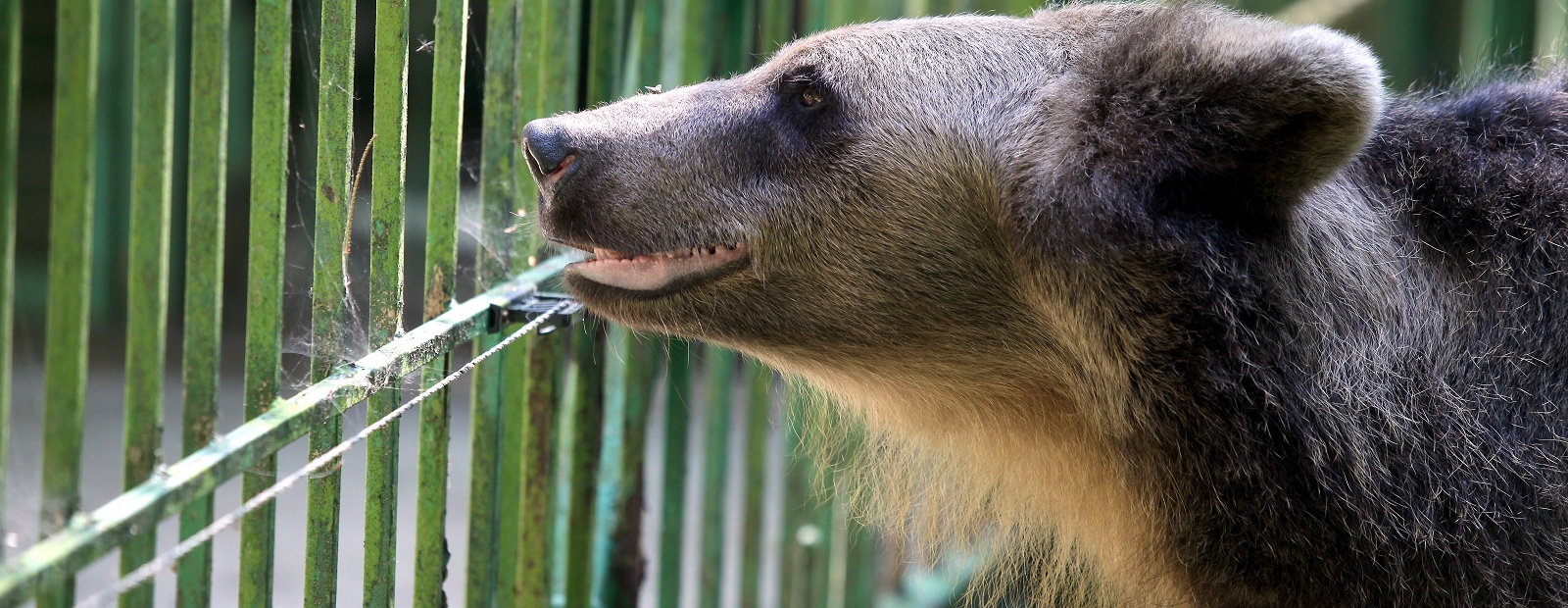Voljeru Līgatnes ķepaiņiem cer atklāt reizē ar lācenes Ilzītes jubilejas svinībām
Pievienot komentāru
Uzmanību!
Pieprasītā sadaļa var saturēt erotiskus materiālus, kuru apskatīšana atļauta tikai pilngadību sasniegušām personām.

Pieprasītā sadaļa var saturēt erotiskus materiālus, kuru apskatīšana atļauta tikai pilngadību sasniegušām personām.
9 komentāri
DD
Lingvists-nelingvistam
nelingvists
Lingvists
ko, valodniek,
njā
Ko
Nevis
urbis